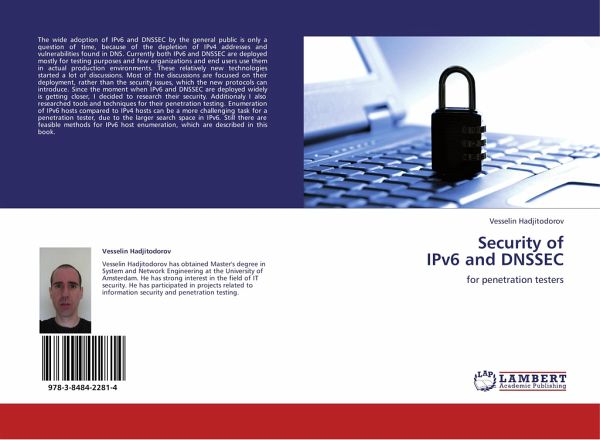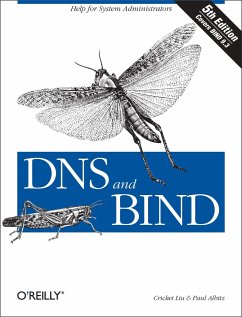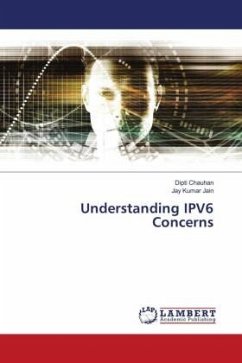
Security of IPv6 and DNSSEC
for penetration testers
Versandkostenfrei!
Versandfertig in 6-10 Tagen
32,99 €
inkl. MwSt.

PAYBACK Punkte
16 °P sammeln!
The wide adoption of IPv6 and DNSSEC by the general public is only a question of time, because of the depletion of IPv4 addresses and vulnerabilities found in DNS. Currently both IPv6 and DNSSEC are deployed mostly for testing purposes and few organizations and end users use them in actual production environments. These relatively new technologies started a lot of discussions. Most of the discussions are focused on their deployment, rather than the security issues, which the new protocols can introduce. Since the moment when IPv6 and DNSSEC are deployed widely is getting closer, I decided to r...
The wide adoption of IPv6 and DNSSEC by the general public is only a question of time, because of the depletion of IPv4 addresses and vulnerabilities found in DNS. Currently both IPv6 and DNSSEC are deployed mostly for testing purposes and few organizations and end users use them in actual production environments. These relatively new technologies started a lot of discussions. Most of the discussions are focused on their deployment, rather than the security issues, which the new protocols can introduce. Since the moment when IPv6 and DNSSEC are deployed widely is getting closer, I decided to research their security. Additionaly I also researched tools and techniques for their penetration testing. Enumeration of IPv6 hosts compared to IPv4 hosts can be a more challenging task for a penetration tester, due to the larger search space in IPv6. Still there are feasible methods for IPv6 host enumeration, which are described in this book.












